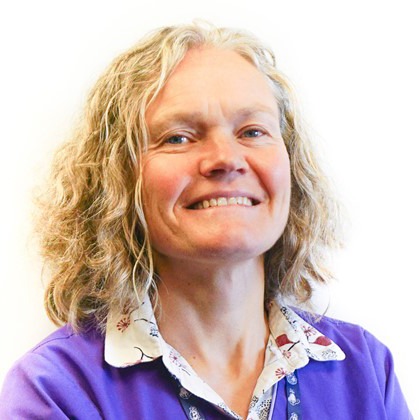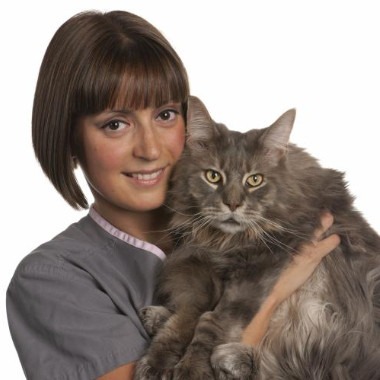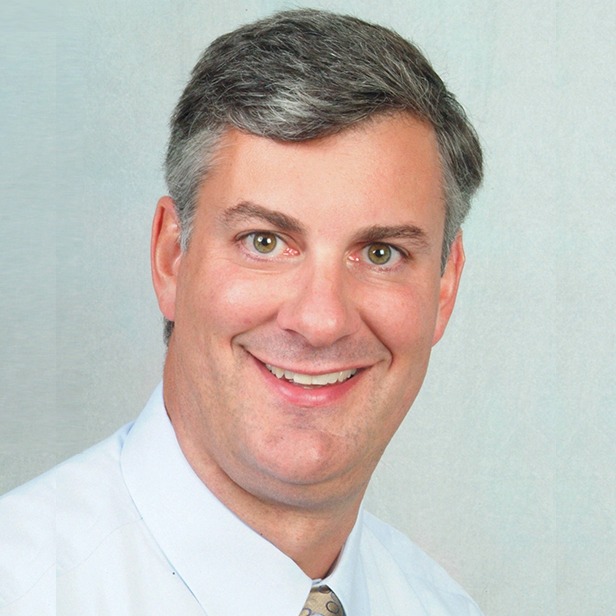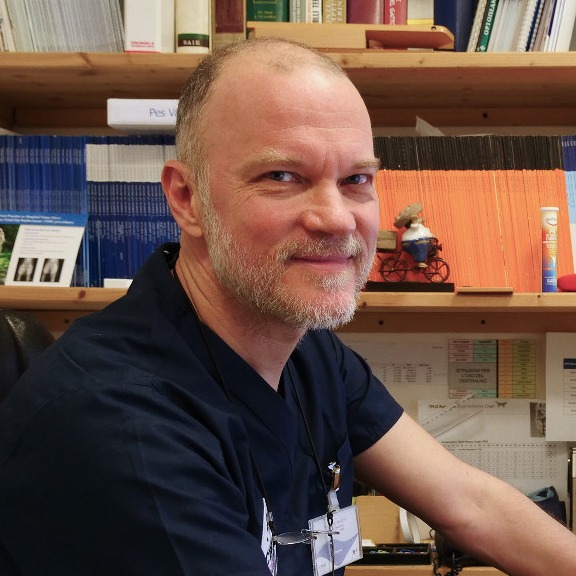Surgical Management of Patella Luxations
Species
Small Animal
Contact Hours
3 Hours
Early Booking Deadline
Thu, 01 January, 1970
Registration Deadline
Thu, 01 January, 1970
Language
English
Discipline
Orthopaedics
Rehabilitation & Physiotherapy / Physical Therapy
Sports Medicine
Surgery
Industry Partners
Global

Veterinary Partners
Global


Recorded on: 11th August 2022
Panelists:
Michael Kowaleski DVM, BS, DACVS - Tufts University, USA
Sorrel Langley-Hobbs MA, BVetMed, DSAS(Ortho), DECVS, FHEA, FRCVS - Bristol University, UK
Massimo Petazzoni DVM - Clinica Veterinaria Milano Sud, Italy
Moderator:
Karen Perry BVM&S, MRCVS, CertSAS, DECVS, MSC.Vet.Ed - Michigan State University, USA
CONTENT DESCRIPTION
Despite being one of the most commonly diagnosed causes of hind limb lameness, much controversy persists regarding the diagnosis and treatment of patellar luxation. While the diagnosis is generally easily made during an orthopedic examination, assessment of the associated limb deformities can be challenging. Precise qualification and quantification of the skeletal abnormalities contributing to the luxation is critical in planning correction of said deformities, in achieving accurate realignment of the quadriceps mechanism and in reducing postoperative complication rates.
Most surgeons agree that patients with lameness or hind limb deformity are candidates for surgical correction. However, there remain several areas of debate when considering patellar luxation management including, but not limited to, the following:
· Management of asymptomatic dogs
· Indications for advanced imaging
· Treatment of patellar luxation in juvenile dogs
· The ideal method of tibial tuberosity fixation
· The use of abrasion trochleoplasty and patellar groove replacement
· Threshold alignment values indicating a requirement for femoral or tibial osteotomy
· The need to alter surgical treatment in cats
In this session, the panel will discuss these controversial topics and detail the approaches that they take to ensure accurate measurement of conformational deformities and subsequent appropriate corrective surgery that is tailored to the individual.
Sorrel graduated from the Royal Veterinary College (RVC), London. She then spent three years in private practice where she gained her Certificate in Small Animal Orthopaedics. She then returned to the RVC where she undertook a three-year residency in Small Animal Orthopaedics.
She gained her RCVS diploma in Small Animal Orthopaedics in 1997 and then spent six months as a lecturer at the University of Pennsylvania before returning to take up a post as University Surgeon at Cambridge University Veterinary School. She gained her ECVS diploma in Small Animal Surgery in 1999 and became a European Specialist in Small Animal Surgery. She was appointed Chair in Small Animal Orthopaedic Surgery in 2013 at the University of Bristol.
She is interested in all aspects of small animal orthopaedic surgery with particular interests in fracture repair, cruciate disease and hip replacement. She also has a particular interest in feline orthopaedics and she has published widely in this field and is frequently invited to lecture on feline orthopaedics both in this country and abroad. She has co-edited a textbook on Feline Orthopaedic Surgery and Musculoskeletal Disease and a partner textbook on Feline Soft Tissue & General Surgery.
Sorrel is heavily involved in undergraduate and post graduate veterinary surgery teaching. Clinical research interests include feline patella fractures and feline cruciate disease. In September 2019 Sorrel became a Fellow of the Royal College of Veterinary Surgeons for her outstanding contribution to the veterinary profession.
Karen Perry graduated from The Royal (Dick) School of Veterinary Studies, Edinburgh in 2005. Following a short period in mixed practice, she completed an internship in small animal orthopedics and neurosurgery at Fitzpatrick Referrals in Surrey prior to undertaking a residency in small animal surgery back at the R(D)SVS. Following completion of this in 2010 and achievement of ECVS status in 2011, she joined the Royal Veterinary College, London as a lecturer in small animal orthopedics.
Following four years there she moved to Michigan State University where she is currently an Assistant Professor in Small Animal Orthopedics. She has published widely in the veterinary literature with her main research interests being feline orthopaedics, traumatology and the correction of limb deformities associated with medial patellar luxation.
As a member of the Foster Hospital for Small Animals’ surgical team,Dr. Michael Kowaleski specializes in joint replacement, arthroscopy, stifle (knee) surgery, corrective osteotomy and fracture treatments. Although his most common patients are dogs and cats, he occasionally operates on exotic animals and, most recently, camelids such as alpacas. He serves as the course director for Principles of Surgery
for second-year veterinary students and for an orthopedic elective in the third year, teaches small animal surgery for third-year students and serves as a facilitator for the school’s Problem Based Learning course for first year students.
Dr. Kowaleski is a home-grown talent from a family of veterinarians. He grew up in nearby Sterling, Massachusetts and his father and sister are both veterinarians. He attended the Cummings School of Veterinary Medicine for his DVM studies and completed the dual residency in surgery at Tufts and Angell Animal Medical Center. The practice of medicine has always intrigued me,
Dr. Kowaleski says. I have always been adept at taking things apart and repairing them; thus surgery is a very good fit for me.
Prior to joining the faculty at the Cummings School, Dr. Kowaleski was an assistant professor, then associate professor, of orthopedic surgery at The Ohio State University. He has enjoyed the demanding caseload here, as well as the opportunity to work on unique cases. Recently, he teamed up with the surgical team at the school’s Hospital for Large Animals to treat an alpaca with patellar luxation (looseness in the kneecap). In 2008, Dr. Kowaleski also adapted human instrumentation and implants to fix a middle-aged cocker spaniel with a poorly healing fracture in its elbow.
Dr. Kowaleski also enjoys participating in the school’s clinical and basic science research projects (please see Dr.Kowaleski’s academic profile for the latest research publications) and travels nationally and internationally to present on the latest surgical techniques.
Dr. Kowaleski and his wife, Lisa, have two young sons and enjoy boating, sailing, fishing, skiing and rock climbing.
Massimo received his degree in Veterinary Medicine from the University of Milano in 1997. He is the clinical director and chief of orthopedic surgery at the Clinica Veterinaria Milano Sud, Peschiera Borromeo, Italy. He is a member of SCIVAC, ESVOT, SIOVET, as well as a AVORE council member and AOVET Ambassador Member. Massimo lectures regularly at national and international congresses, meetings and courses including SCIVAC/AO courses for Distal Extremities and External Fixation, AO Masterclass Courses on Advanced Corrective Osteotomies, and ESVOT and ACVS courses on Corrective Osteotomies and Patella Luxation. He was the secretary of the SIOVET, Italian Society of Orthopaedics and Traumatology (2008-2011). He has authored 31 papers in peer-reviewed veterinary journals and two books, the “Atlas of Clinical Goniometry” and “Atlas BOA, Breed Orthopaedic Oriented Approach ''. Massimo developed the Fixin system, an internal fixation device with angular stability and conic coupling, the Tibial Tuberosity Transposition Technique and Tool, and the bone widening and transfer technique. His particular clinical interests are limb alignment, stifle surgery, hybrid external fixators, Ilizarov technique, elastic internal fixation, Total Hip Replacement, and transcutaneous amputee prosthesis. He spends his free time thinking about the things that he used to enjoy, woodworking and competitive triathlon, when he had free time available.
Veterinary Student
Online Panel Discussion
USD 40.00
Qualified Vet
Online Panel Discussion
USD 95.00
Intern/Resident (Requires proof of status)
Online Panel Discussion
USD 75.00
Vet Nurse/Vet Tech (Requires proof of status)
Online Panel Discussion
USD 75.00
If the options you are looking for are unavailable, please contact us.
No tax will be added unless you are a UK taxpayer
Choose currency at checkout


















